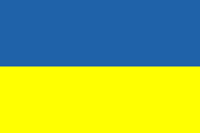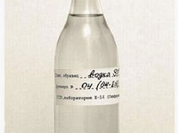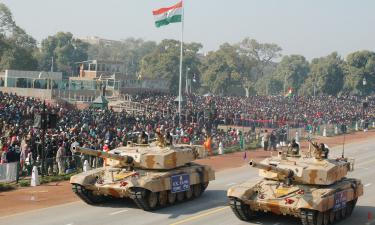Ukraine: does orange coalition still exist?
The ex-Soviet nation has been in political crisis without a new government for more than three months since parliamentary elections in which the pro-Russian opposition won the most seats but fell short of a majority.

After weeks of tense bargaining, the three parties involved in the 2004 Orange Revolution agreed last month to form a coalition under a deal that would give President Viktor Yushchenko's party the speaker's post and hand back his estranged ally Yulia Tymoshenko her prime minister's job.
But lawmakers on Thursday unexpectedly elected Socialist Party leader Oleksandr Moroz as speaker, provoking accusations of betrayal from Yushchenko's and Tymoshenko's parties, which largely boycotted the vote.
Moroz urged all political forces in the parliament to come together and refused to rule out a coalition involving the Party of Regions.
On Friday, parliamentary leaders were to meet for political consultations and all three Orange parties were to hold political councils of their parties to decide the future of their coalition, the AP reports.
Yanukovych was Yushchenko's Kremlin-backed opponent in the 2004 presidential election that sparked the mass protests dubbed the Orange Revolution. Yanukovych won the election, but it was declared invalid and Yushchenko was elected in a court-ordered rerun.
Yushchenko, whose party finished a humiliating third in the March elections, agreed that Tymoshenko would be nominated to return to the premiership, from which Yushchenko had fired her last September. But in return his party insisted on getting the powerful speaker's job.
Subscribe to Pravda.Ru Telegram channel, Facebook, RSS!





